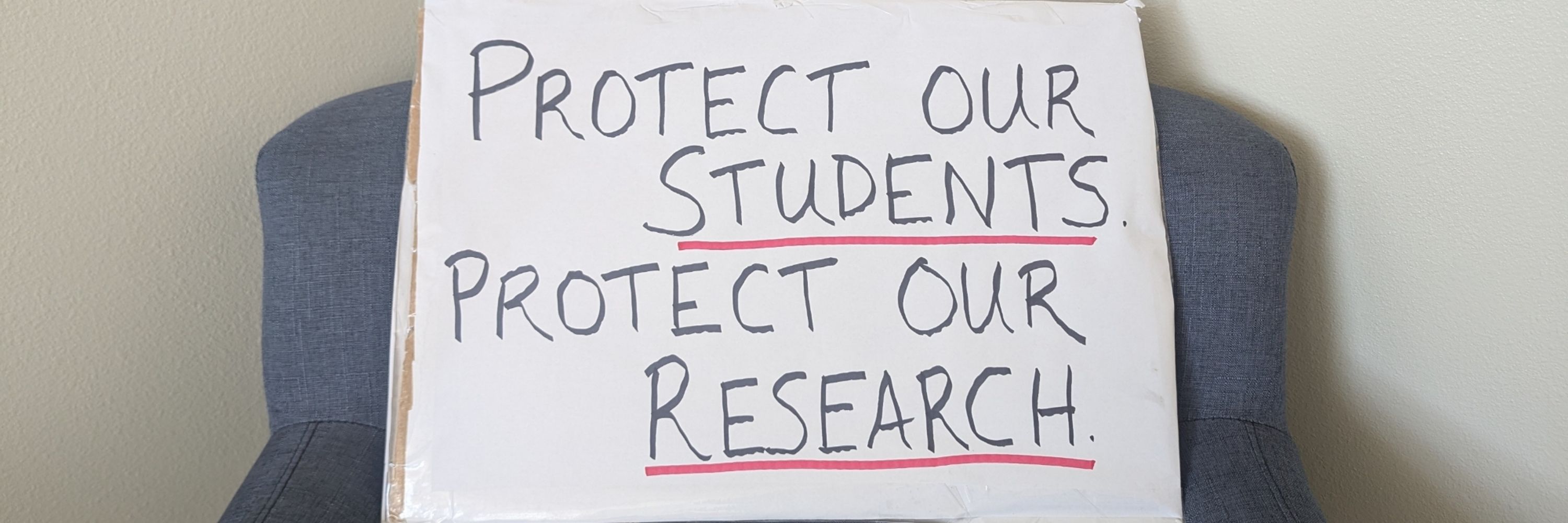


Join the 4th Doctoral Conference on the Social and Political Constitution of the Economy, March 19 -20, 2026 at the MPIfG in Cologne.
🎓 We welcome abstracts by doctoral researchers in economic sociology, political economy and related fields by Dec 8, 2025.
s.gwdg.de/U27NQb


Join the 4th Doctoral Conference on the Social and Political Constitution of the Economy, March 19 -20, 2026 at the MPIfG in Cologne.
🎓 We welcome abstracts by doctoral researchers in economic sociology, political economy and related fields by Dec 8, 2025.
s.gwdg.de/U27NQb
Tell us your favorite Thanksgiving dish, and we can share some of what we know about the work behind the ingredients.

They told me they were in the minority on campus, in their immigration advocacy, but they found each other and were there every week.
In the morning, the homeschooled teenage sons tracked ICE.
In the afternoon, the mother aided an immigrant mother whose partner was deported. religionnews.com/2025/11/25/h...

They told me they were in the minority on campus, in their immigration advocacy, but they found each other and were there every week.
The three spirits

The three spirits

I'm recruiting a PhD student to work with me on a project related to my Future Fellowship at Monash University on the political economy of insurance, risk technology, climate governance, and the crisis of uninsurability. Here's the overview of my fellowship.

I'm recruiting a PhD student to work with me on a project related to my Future Fellowship at Monash University on the political economy of insurance, risk technology, climate governance, and the crisis of uninsurability. Here's the overview of my fellowship.
Barr's dissent (correctly) notes the rule won't achieve its stated purpose of helping Treasury markets. Instead, it will make big banks less resilient.

Half of GDP *growth* is a lot but ultimately less than 1% of GDP. "We" can certainly afford to go backwards, especially with a solid commitment to let the AI industry bear its own losses rather than bailing it out.
Half of GDP *growth* is a lot but ultimately less than 1% of GDP. "We" can certainly afford to go backwards, especially with a solid commitment to let the AI industry bear its own losses rather than bailing it out.




She reported him missing to Houston police. But instead of reuniting them, the city turned him over to ICE.
“They’re failing all of us,” his mom said.
thebarbedwire.com/2025/11/24/d...

She reported him missing to Houston police. But instead of reuniting them, the city turned him over to ICE.
“They’re failing all of us,” his mom said.
thebarbedwire.com/2025/11/24/d...
Had I experienced the following when I was a boy, I don’t know what would have become of me.
www.latimes.com/california/s...

5 year old: "That was a true story? That actually happened? How could a spider learn to do that?"
5 year old: "That was a true story? That actually happened? How could a spider learn to do that?"
min.house.gov/sites/evo-su...
min.house.gov/sites/evo-su...

